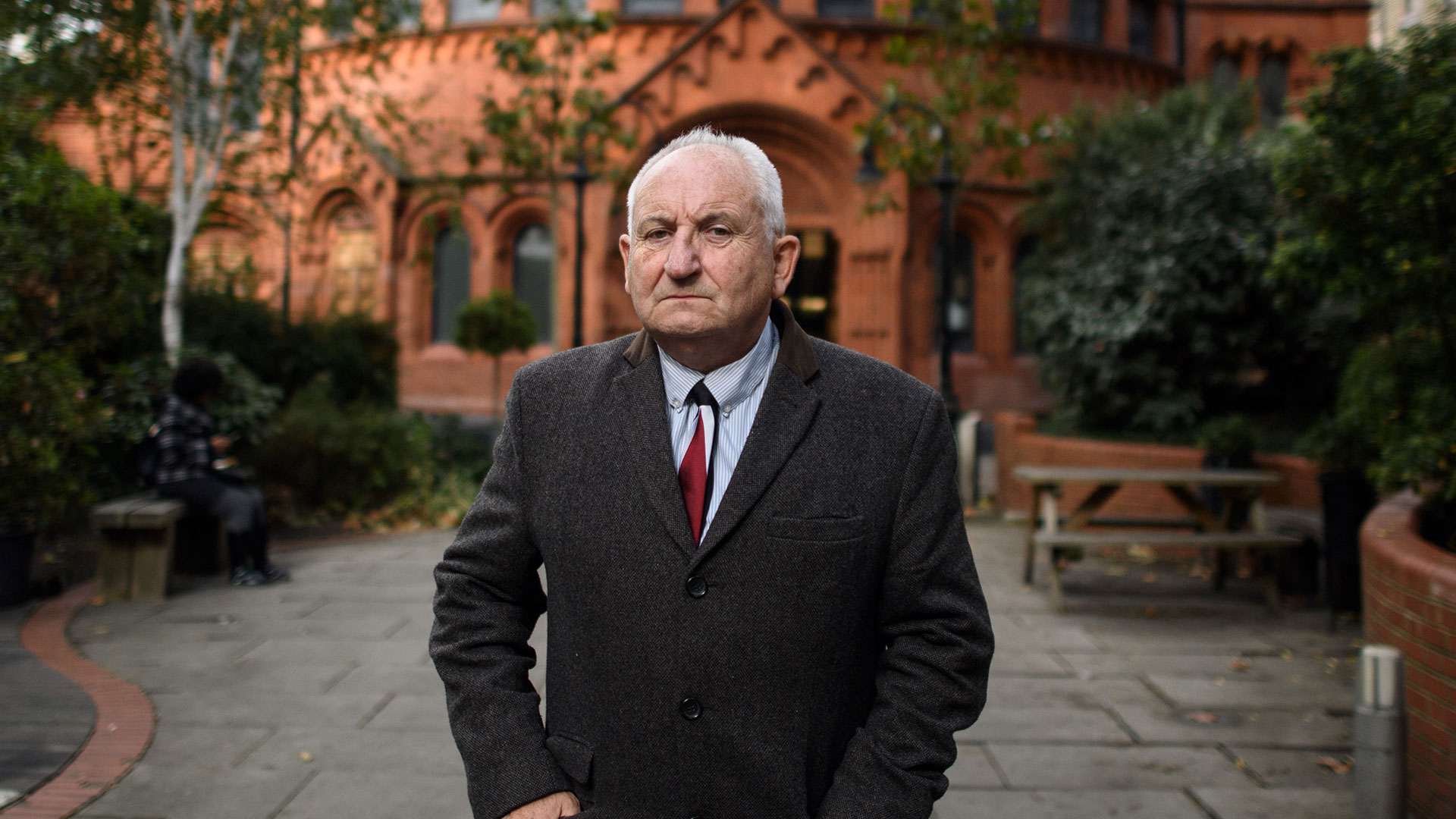I was not the only one in 1969 to be appalled at the waste of human energy that went into the landing on the moon. I was a revolutionary who believed all that money should be spent on helping the poor get out of poverty.
In 1969, not long after the death of Che Guevara in the Bolivian jungles fighting against a CIA-sponsored army, there was a model of a good revolutionary that I wanted to adhere to. And that was to try and overthrow capitalism and help the poor to become the ex-poor. How did you help them out of poverty? You took all the wealth off of the wealthy and destroyed their supporters in the State. In fact, “the whole of the State was in the hands of the wealthy” ran the argument, so the whole kit and caboodle had to go.
Spending billions on going somewhere else looked like the supreme act of human folly. So there was no way I was going to go around waving a Stars and Stripes for this “giant leap for mankind” as Neil Armstrong, one of the astronauts, said. It was a retrograde step to me, perhaps back to days of medievalism when kings, queens and princes tossed money up the wall on their pet follies.
No, I was going to overthrow capitalism and help establish the rule of workers over all. Wasting money on illusions like walking on the moon did not draw my attention and support; only my anger and disdain.
This idea of taking money out of the wealthy, expropriating the expropriators, really was attractive. It kept me busy for many years in this pre-Thatcher political world, which would largely all be swept away by the arrival of the Iron Lady. She beat the Reds and reduced them to the vanquished in that last big struggle over what you might see as the old socialist vs. capitalist conflict.
The Tories had won and I, like a lot of other people, settled down to the increasing spending power that seemed to come from mass consumerism. It was enormous, the flow of new and varied items that needed to be bought. Foreign holidays with drunken Spanish nights on beaches and in clubs, outraged sexual energy combined with car purchases, and more money for dresses and sundry distractions.










